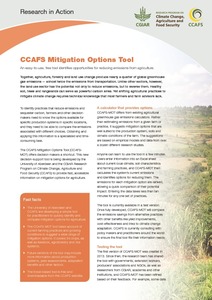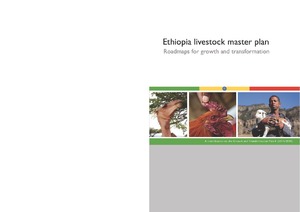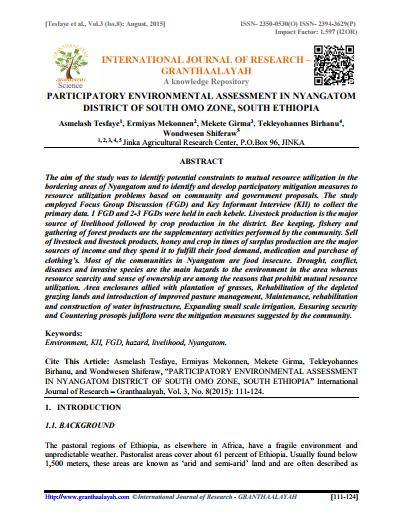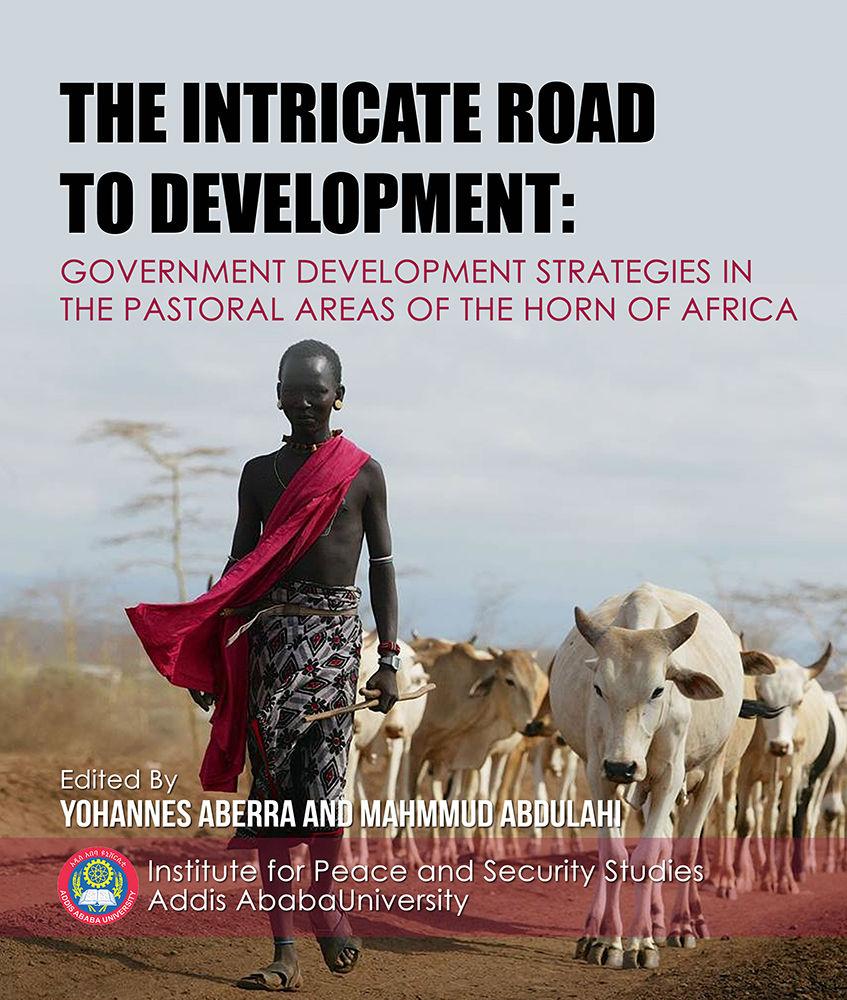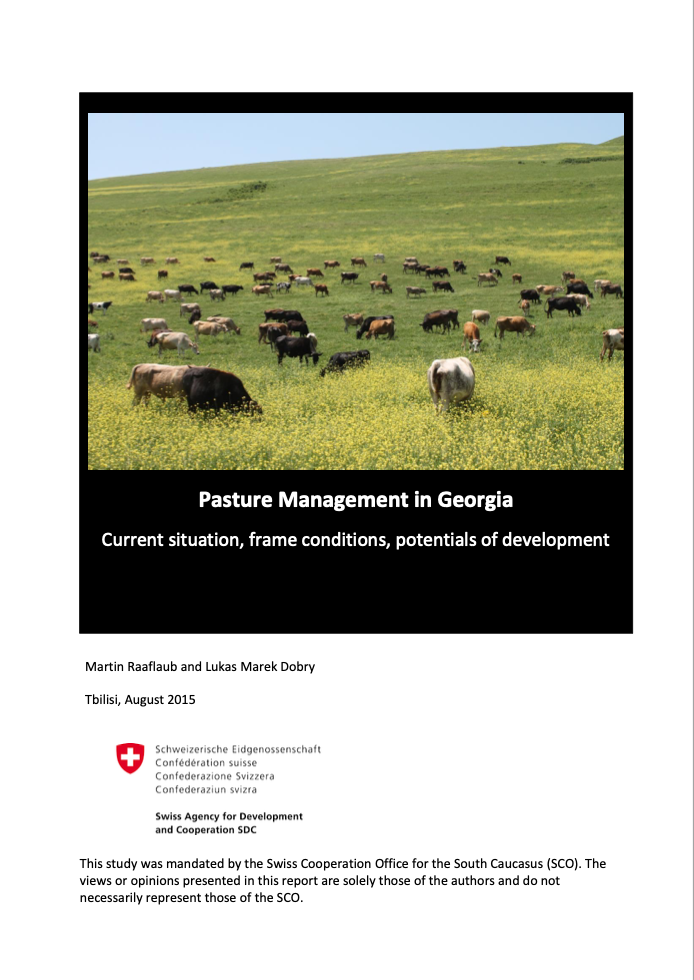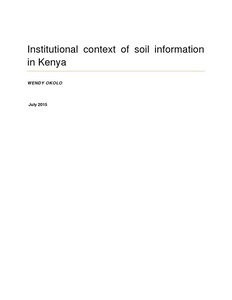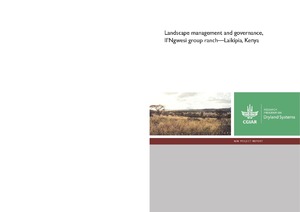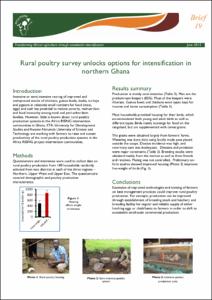CCAFS Mitigation Options Tool
The University of Aberdeen and CCAFS are developing a simple tool for practitioners to quickly identify and compare mitigation options for agriculture. The CCAFS-MOT tool takes account of current farming practices and growing conditions to suggest a wide range of
mitigation options. The Excel-based tool is free and downloadable from the CCAFS website.

